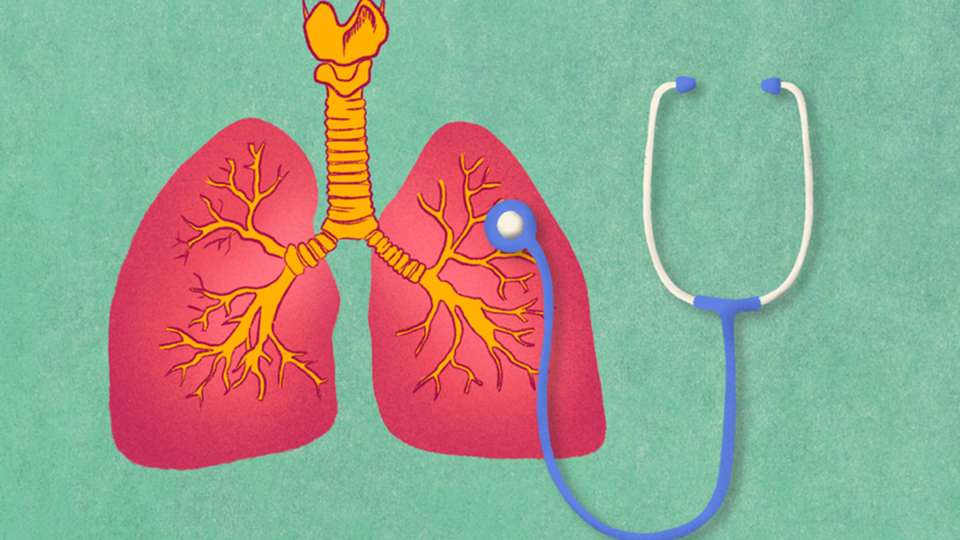
Since its approval, reports of worrisome side effects have surrounded the asthma drug Singulair, also known by its generic name, montelukast.
A recent article in The New York Times brought those concerns back to the forefront, detailing the neuropsychiatric side effects experienced by people, especially children.
What exactly is Singulair?
The Food and Drug Administration (FDA) approved Singulair more than 25 years ago and it’s since been commonly prescribed to people who have asthma or allergic sinus disease. It helps calm inflammation in the lungs and sinuses, and it’s also prescribed for exercise-related breathing problems and nasal polyps.
It quickly became — and continues to be — a top-selling drug because it’s considered effective and easy-to-take: just one tablet, once a day. Deemed safe for children, it has been regularly prescribed by doctors for years.
What are the concerning side effects?
However, for years, patients, especially children, have reported experiencing worrisome side effects while taking montelukast, including:
- Anxiety and nervousness
- Confusion
- Hallucinations
- Hostility and aggression
- Thoughts of suicide or self-harm
- Feelings of depression
- Insomnia
- Vivid dreams or nightmares
There have also been early studies suggesting that montelukast may impact brain development, which have raised further concerns about the safety of using this medication in children. There were enough concerning incidences that the FDA did add a warning to the label in 2020, stating that the medication can cause aggression, agitation and even suicidal thoughts.
Though seemingly a step in the right direction, the drug is still being prescribed ... a lot. In fact, it was prescribed to more than 1.6 million kids just last year.
Is it OK to take montelukast?
When Dr. Ryan Murphy, a pulmonologist who specializes in managing patients with asthma at the Respiratory Clinic at UW Medical Center - Northwest, prescribes montelukast, he doesn’t ignore the reports of neuropsychiatric side effects.
“With every patient, I will tell them, ‘I want you to keep a very close eye out for if you’re feeling that you’re just not yourself and you feel like you’re off,’” Murphy says.
He pre-screens patients for this medication and follows up regularly to watch their mental health and for possible side effects.
If you think you (or your child) are experiencing any of these symptoms from montelukast, or you’re worried about continuing to take the medication, Murphy encourages you to reach out to your doctor. Not only can they provide more information, but they’ll be able to offer alternative treatments for asthma or allergic sinus disease.
But, he explains, not all drugs work the same for everyone: “If you're getting benefit from it and not having side effects, it seems like that's a good deal,” says Murphy. “But if you're not getting benefit at all, regardless of side effects, it's not a medicine you should be taking.”
He also explains that if a patient benefits from the drug but also experiences side effects, then the decision to continue the drug depends on weighing the degree of benefit with the severity of side effects. He emphasizes that these decisions can be difficult and should involve a shared discussion between doctor and patient.
It’s important to note that most people won’t experience these symptoms and will be perfectly fine taking Singulair. But understanding the risks (and reading the fine print) is essential when taking a medication that, instead of solving a problem, might make life more difficult.
Chris Talbott and Heather Logue contributed to this article. A version of this story originally appeared on the UW Medicine Newsroom.

 Healthy ideas for your inbox
Healthy ideas for your inbox





